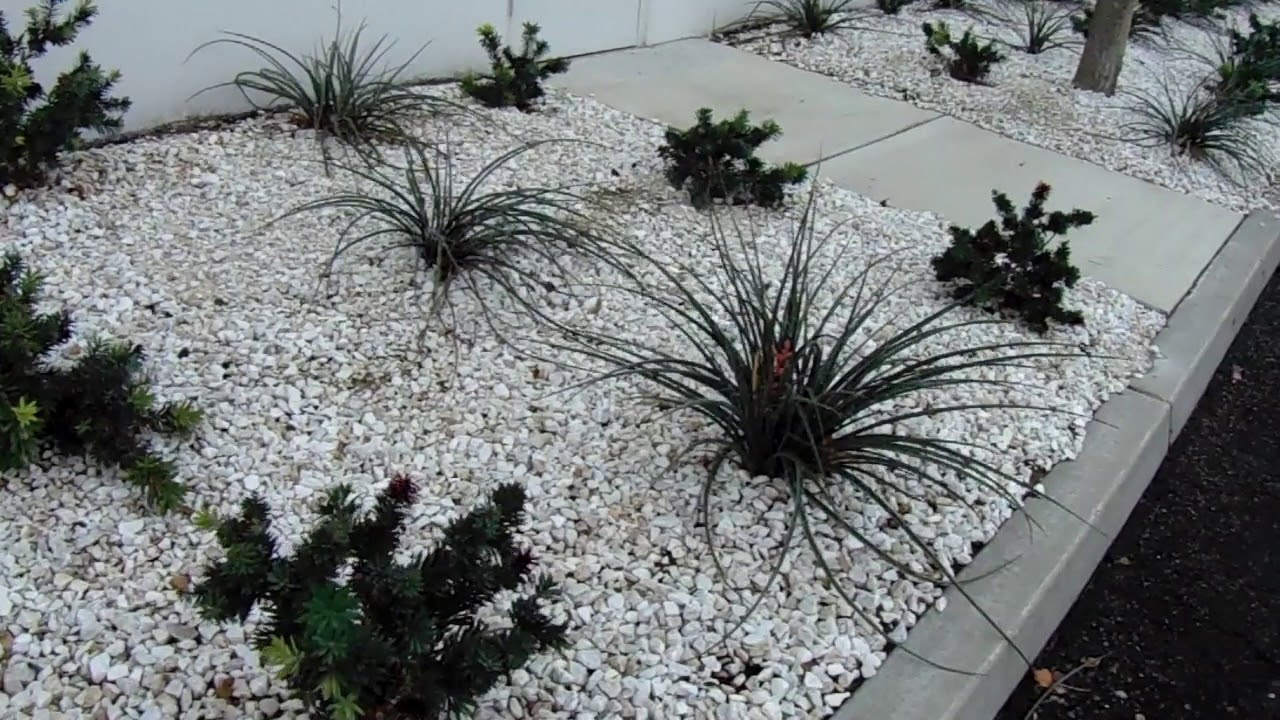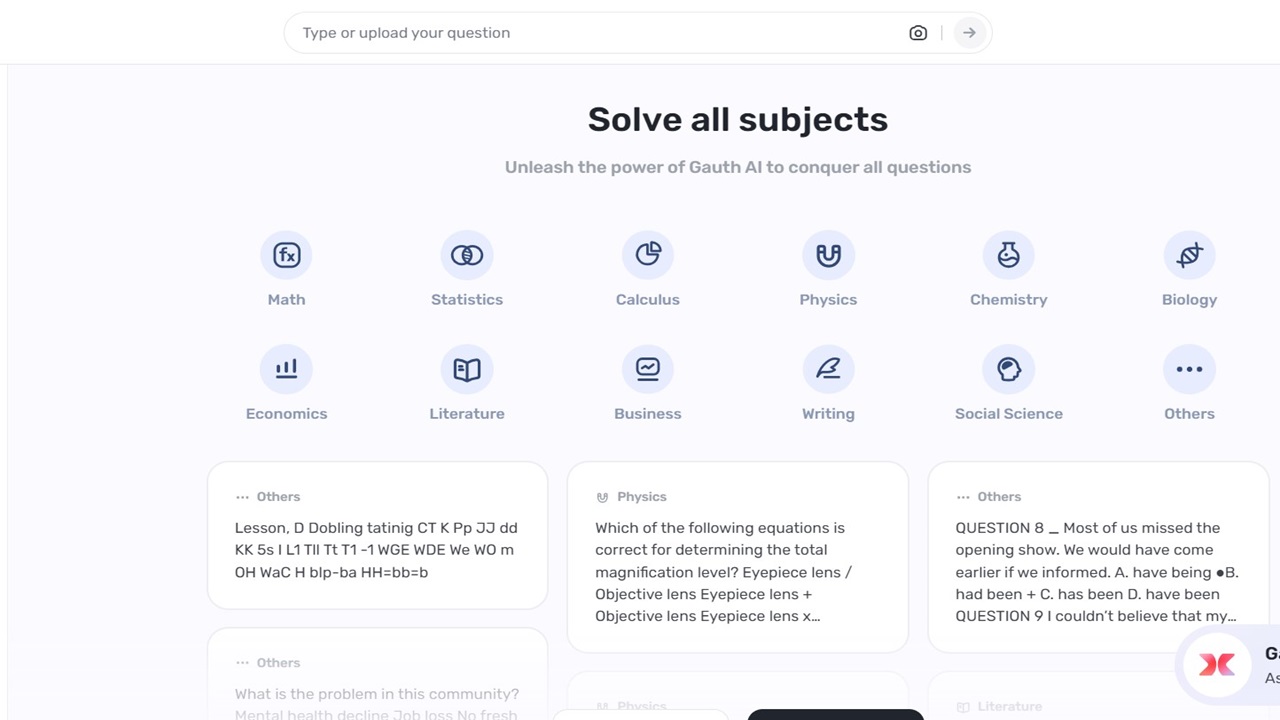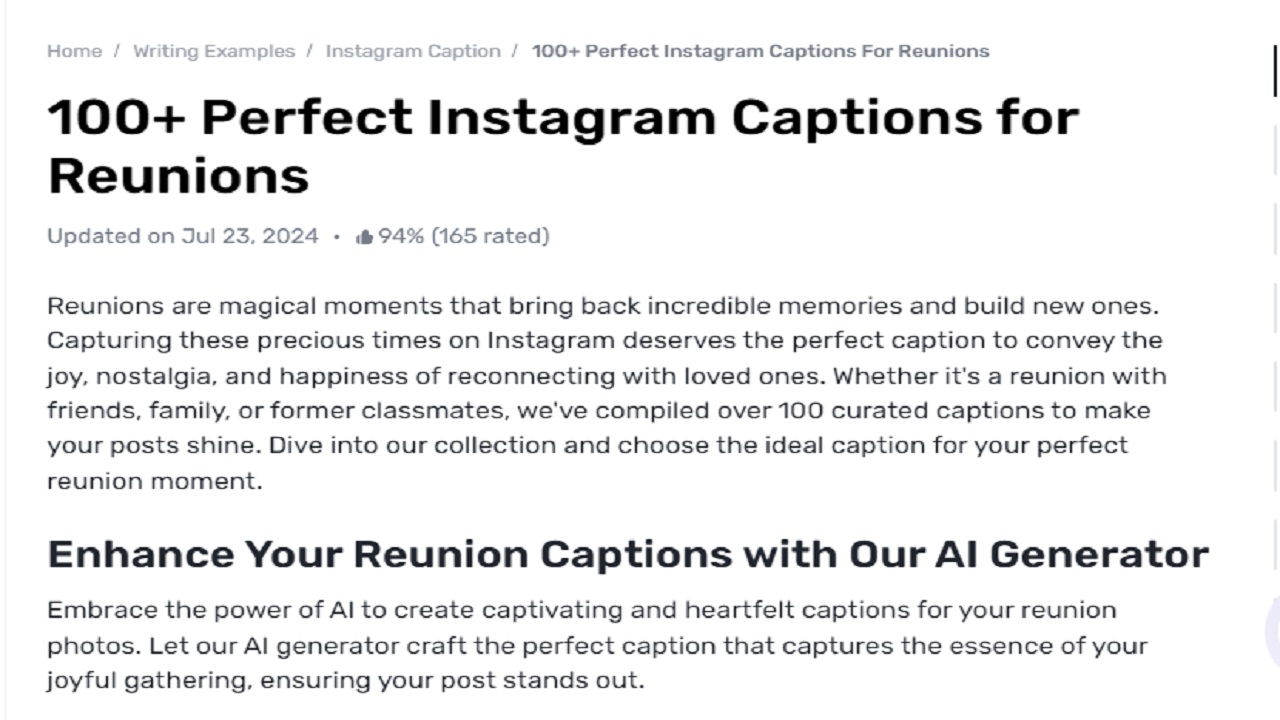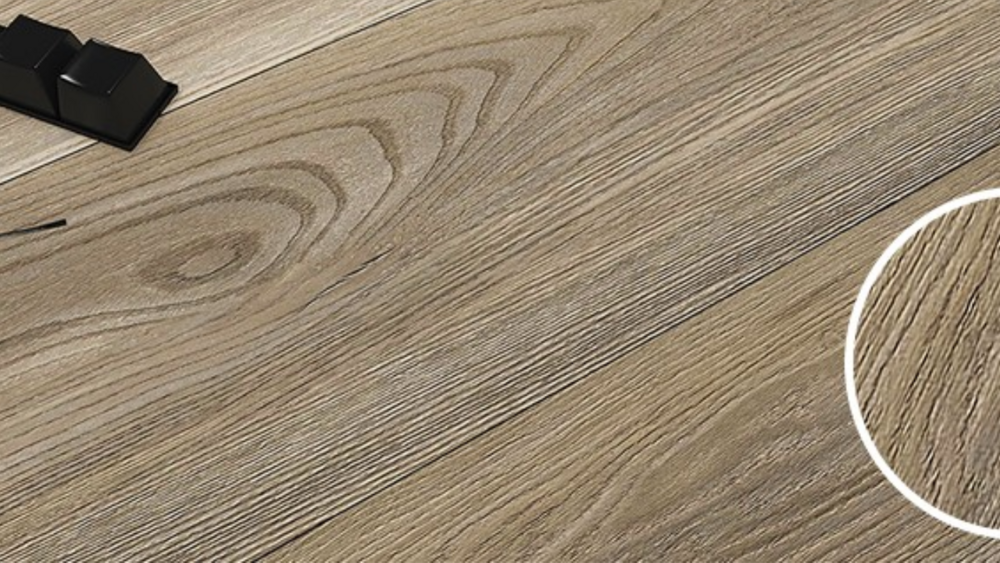

Lifestyle
Live Bitcoin Price CAD on Bitget: Real-Time BTC to Canadian Dollar Conversion
Bitcoin is now one of the most famous digital currencie [ ]

Lifestyle
Bringing Virtual You to Life: Exploring Pippit’s AI Digital Twin Technology
AI Digital Twin technology is paving the way to a new m [ ]

Lifestyle
Diablo 4 Items for Sale on U4GM: Season 9 Deals Now Live
Diablo 4 is an action, risk, and thrilling reward game. [ ]

Lifestyle
Create Business Cards Instantly: Pippit AI by CapCut
The modern digital environment demands strong initial p [ ]

Lifestyle
The Logistics of Sourcing and Transporting White Landscaping Rock in Bulk
Customers who buy white landscaping rock in bulk must p [ ]

Lifestyle
How Gauth Can Help with Medical Residency Personal Statements
Generally, it s well known that seeking medical r [ ]

Lifestyle
Wholesale Fishing Supplies: Premium Quality at Best Price
In the fishing trade, maintaining a solid presence in t [ ]

Lifestyle
Role of Gauth in the Ultimate College Reunion: Growth and Friendship
It is always fun to meet up with people from college; p [ ]

Lifestyle
The Top Benefits of Investing in Wholesale Free Weights
To gain a swooning figure, the best way to transform yo [ ]

Lifestyle
What Does Flooring Mean? Which Colors Work Well For Flooring?
In both interior design and home construction, flooring [ ]

Lifestyle
Can reusable water balloons be used for activities besides water play?
These water-crammed balloons, which might be frequently [ ]

Lifestyle
Vaping Safety Tips: A Comprehensive Guide
In recent years, vaping has gained significant populari [ ]
